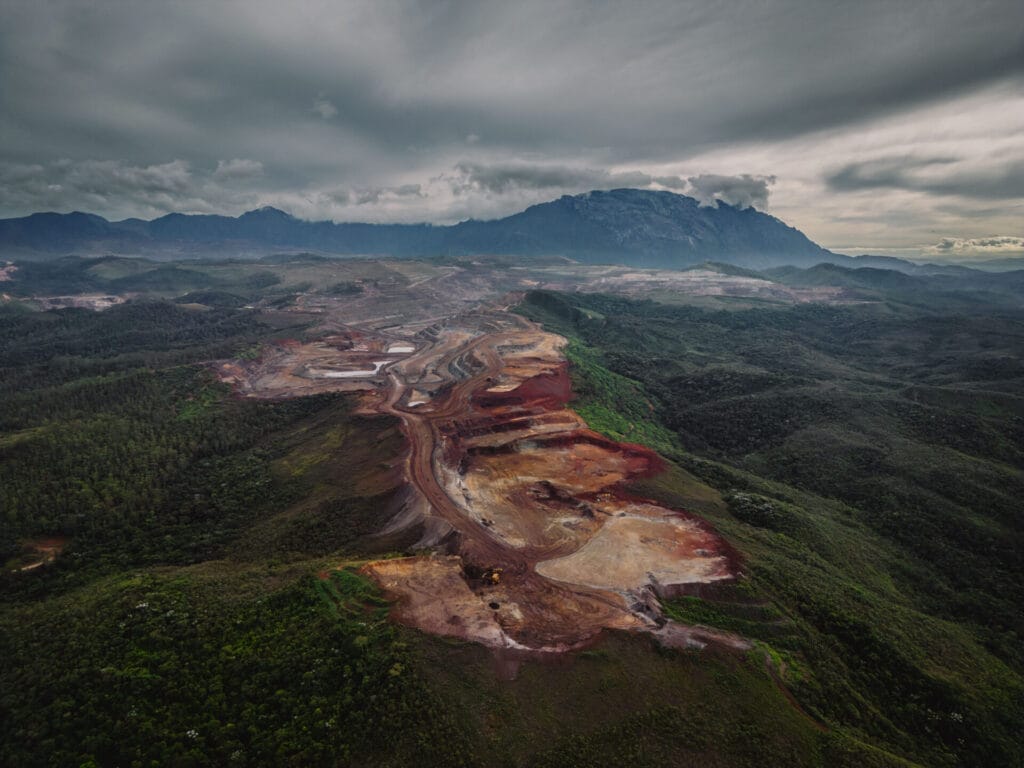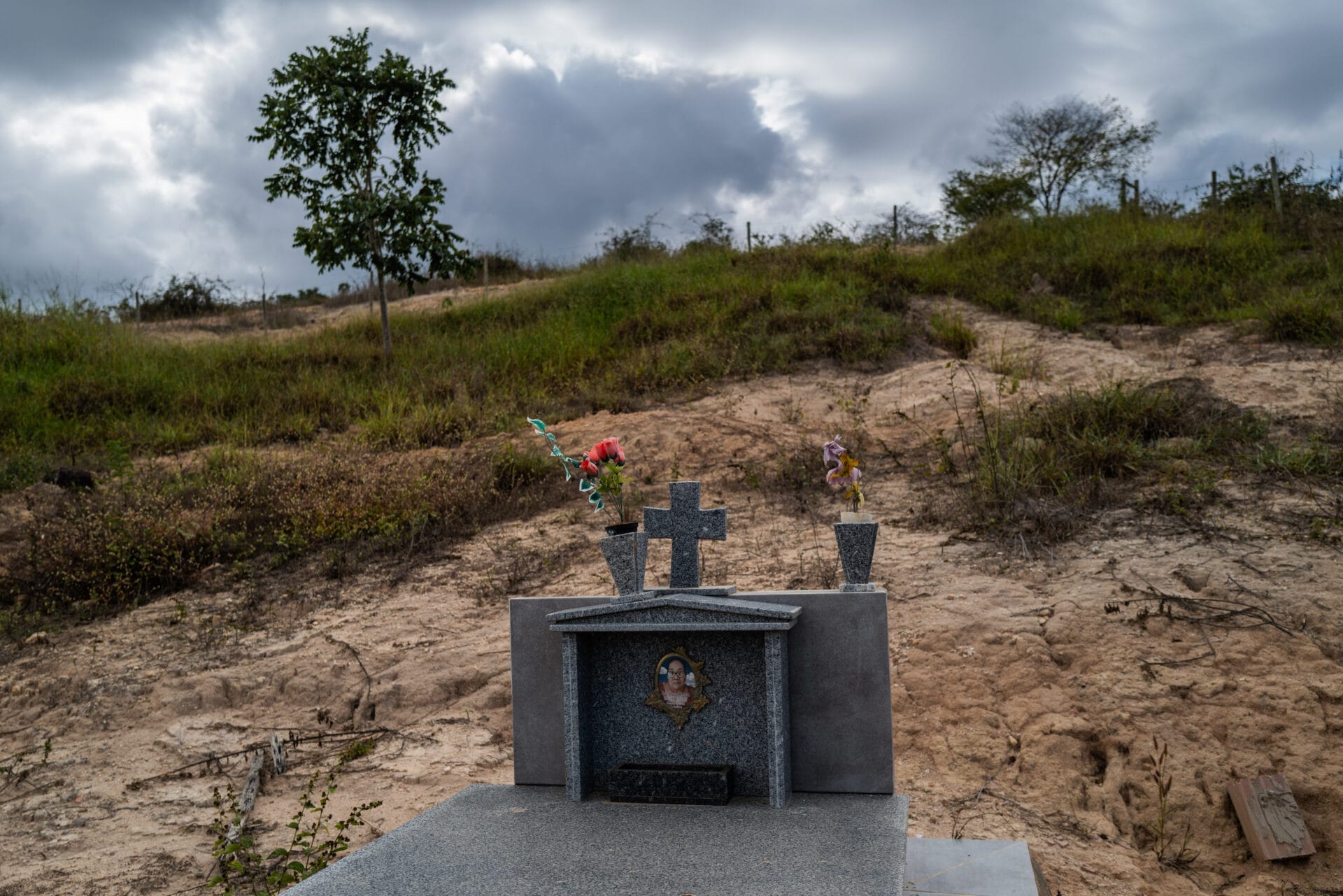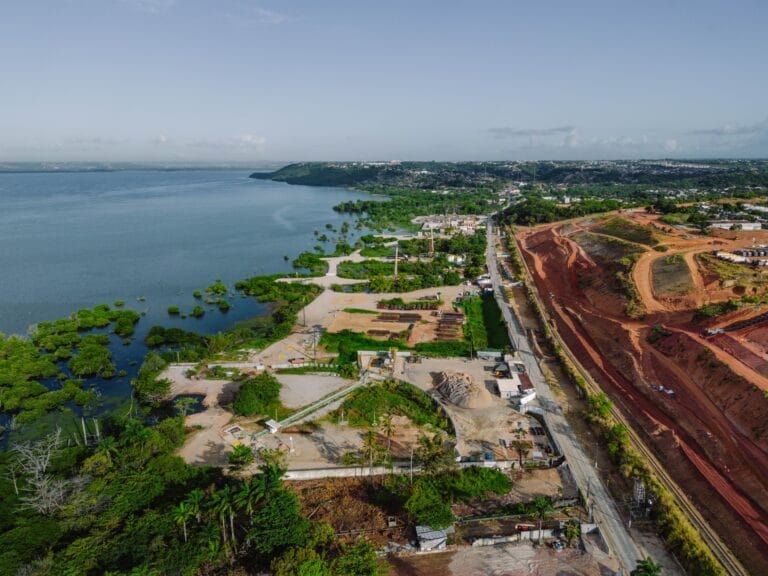This week, The Guardian published a feature on the eighth anniversary of the Mariana dam disaster, delving into the environmental, social and economic devastation.
On 5 November 2015, 40 million cubic metres of toxic waste was released into the Doce River. The incident has been described as Brazil’s worst ever environmental disaster and has resulted in contaminated soil, restricted access to clean water and the loss of cultural traditions.
Pogust Goodhead represents over 700,000 plaintiffs affected by the disaster, including individuals, Brazilian municipalities, indigenous communities, and local churches, all of whom suffered loss because of the dam collapse.
The case is being brought in the UK against the Anglo-Australian company BHP, which operates in Brazil through its subsidiary, Samarco.

Featuring photographs by Francisco Proner, a Brazilian photographer commissioned by Pogust Goodhead to highlight the case, The Guardian spoke with a number of the victims, including Marino D’Ângelo, a former resident of Paracatu, a district of the city of Mariana in the Brazilian state of Minas Gerais. The 54-year-old told the paper he has lost his sense of self since mining waste flattened his town.
“The collapse of a dam isn’t what you see on TV – the river of mud destroying things. A dam failure entails an infinity of invisible ruptures. The rupture of connections, family links, communities, histories, dreams.” he said.
D’Ângelo told the Guardian how before the incident, he owned a herd of 60 dairy cows, but he began to sell them off as he found himself unable to work properly, which led to him being “forced into poverty.”
To date, BHP has made victims of the disaster wait over eight years for justice.
Tom Goodhead, CEO and Global Managing Partner, Pogust Goodhead said: “It is an extraordinary scandal that it’s taken eight years in order to achieve any form of satisfactory redress at all. Eight years on from an ecocide caused by BHP prioritising profit over safety, BHP has still failed to provide circa 700,000 of my clients with adequate compensation and has failed to remediate the environment.”
You can read the full Guardian article here.









